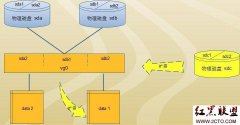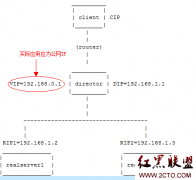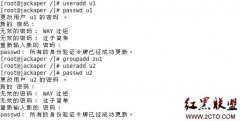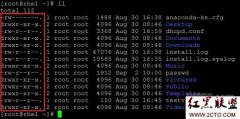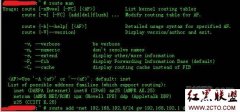shell脚本中数组array常用技巧学习实践
shell中数组的下标默认是从0开始的
1。将字符串放在数组中,获取其长度
#!/bin/bash
str="a b --n d"
array=($str)
length=${#array[@]}
echo $length
for ((i=0; i<$length; i++))
do
echo ${array[$i]}
done
执行结果:
[oracle@99bill-as9 array]$ sh length.sh
4
a
b
--n
d
打印字符串:
#!/bin/bash
str="a b c"
for i in $str
do
echo $i
done
或者:
#!/bin/bash
str="a b c"
array=($str)
for ((i=0;i<${#array[@]};i++))
do
echo ${array[$i]}
done
执行结果:
a
b
c
2。字符串用其他字符分割时
#!/bin/bash
str2="a#b#c"
a=($(echo $str2 | tr '#' ' ' | tr -s ' '))
length=${#a[@]}
for ((i=0; i<$length; i++))
do
echo ${a[$i]}
done
#echo ${a[2]}
执行结果:
a
b
c
3。数组的其他操作
#!/bin/bash
str="a b --n dd"
array=($str)
length=${#array[@]}
#ouput the first array element直接输出的是数组的第一个元素
echo $array
#Use subscript way access array用下标的方式访问数组元素
echo ${array[1]}
#Output the array输出这个数组
echo ${array[@]}
#Output in the array subscript for 3 the length of the element输出数组中下标为3的元素的长度
echo ${#array[3]}
#Output in the array subscript 1 to 3 element输出数组中下标为1到3的元素
echo ${array[@]:1:3}
#Output in the array subscript greater than 2 elements输出数组中下标大于2的元素
echo ${array[@]:2}
#Output in the array subscript less than 2 elements输出数组中下标小于2的元素
echo ${array[@]::2}
执行结果:
a
b
a b --n dd
2
b --n dd
--n dd
a b
4。遍历访问一个字符串(默认是以空格分开的,当字符串是以其他分隔符分开时可以参考2)
#!/bin/bash
str="a --m"
for i in $str
do
echo $i
done
执行结果:
a
--m
5。如何使用echo输出一个字符串str="-n". 由于-n是echo的一个参数,所以一般的方法echo "$str"是无法输出的.
解决方法可以有:
echo x$str | sed 's/^x//'
echo -ne "$str\n"
echo -e "$str\n\c"
printf "%s\n" $str(这样也可以)
作者“祝莹的专栏”
相关新闻>>
- 发表评论
-
- 最新评论 进入详细评论页>>

